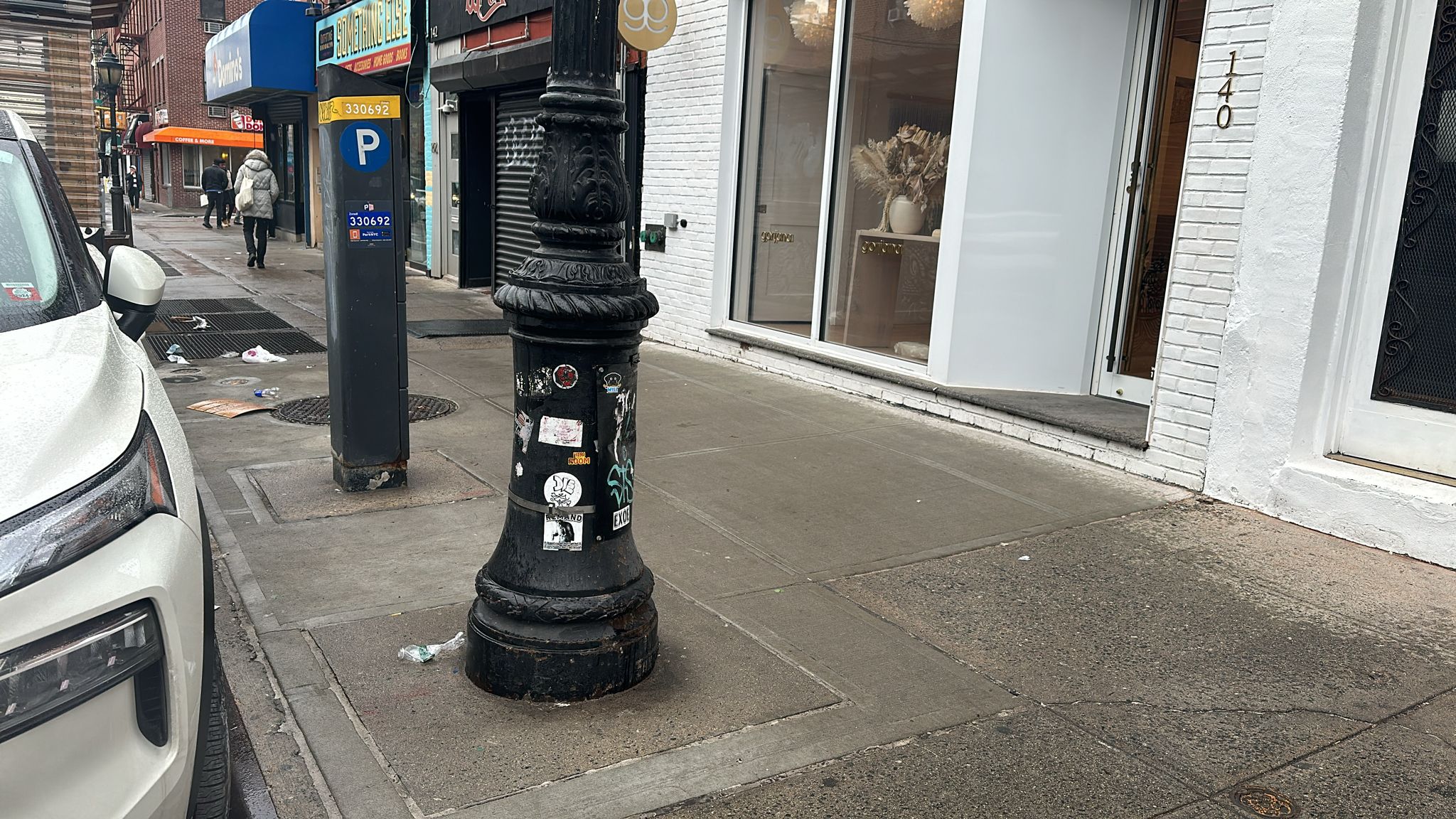Physical Address
304 North Cardinal St.
Dorchester Center, MA 02124

Global Blog Planet

Global Blog Planet


Welcome to our comprehensive guide on DIY Sidewalk Inspection in the vibrant city of New York. In this guide, we’ll walk you through the essential steps to identify and address common NYC sidewalk repair issues that every property owner in NYC should be aware of. From cracks to uneven surfaces, we’ve got you covered.
Sidewalks play a crucial role in a property’s overall aesthetics and safety. Neglecting their condition not only impacts the neighborhood’s visual appeal but can also lead to potential hazards for pedestrians. Being proactive with regular inspections helps maintain the integrity of your sidewalk and contributes to the overall well-being of the community.
Begin your inspection by carefully examining the surface for any visible cracks. Small cracks can escalate into significant issues if left unaddressed. Pay attention to the width, depth, and pattern of the cracks. Use a ruler to measure and note down the dimensions for reference.
Walk along the sidewalk and identify any areas with uneven surfaces. These can be potential trip hazards, especially in busy areas. Note the locations where the sidewalk is uneven, and measure the height variations. This information will be valuable when addressing repairs.
In many NYC neighborhoods, tree roots can uplift sidewalks, causing significant damage. Identify areas where tree roots may be interfering with the sidewalk structure. Carefully inspect for any signs of uplift or displacement.
Proper drainage is vital for the longevity of sidewalks. Inspect the sidewalk for any areas where water might be pooling. Addressing drainage issues promptly can prevent water-related damage, such as erosion and deterioration.
Different materials are used in constructing sidewalks, each with its own lifespan. Assess the overall wear and tear of the sidewalk material. Look for signs of erosion, discoloration, or crumbling. Understanding the condition of the material helps in planning for necessary repairs.
Now that you’ve identified potential issues through your inspection, let’s delve into some DIY sidewalk repair tips to address common problems.
For small cracks, utilize a high-quality crack sealer. Clean the crack thoroughly and apply the sealer, ensuring it penetrates into the crack to prevent further damage.
If you’ve identified uneven surfaces, consider using a concrete leveling compound. This DIY solution can help restore a smooth and even appearance to your sidewalk.
For sidewalks affected by tree roots, consult with a professional arborist to determine the best course of action. Implement root barriers to prevent further interference and damage.
Addressing water drainage issues may involve simple solutions such as adding proper slopes or installing drainage systems. Ensure water flows away from the sidewalk to prevent long-term damage.
In cases of severe wear and tear, consider replacing damaged sections of the sidewalk with new, durable materials. This not only enhances the sidewalk’s appearance but also ensures longevity.
In conclusion, conducting a thorough DIY sidewalk inspection in NYC is a proactive measure that contributes to the safety and aesthetics of your property and the surrounding community. Regular inspections empower property owners to identify issues early on and implement timely repairs, preventing more extensive and costly damage.